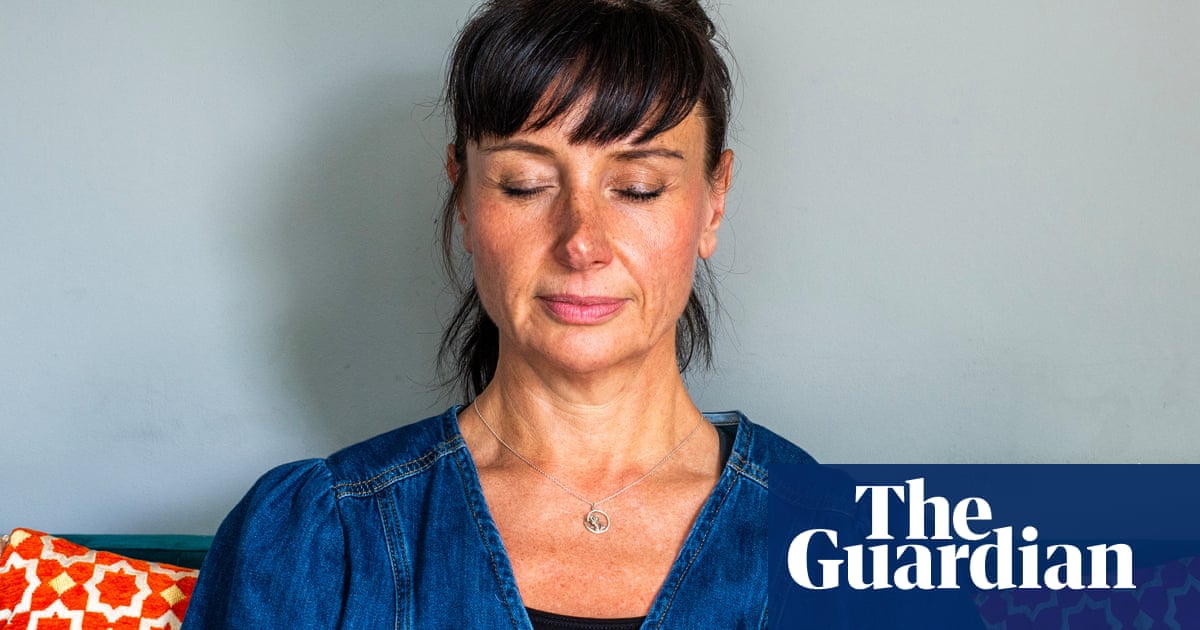In the run-up to Christmas 2018, wobbly with delirium on a station platform packed with partygoers, I nearly fell under a train. Insomnia – not the “I woke at 3am for a bit” type, but the brutalising “I might have dropped off for a fretful 45 minutes at around 6am” kind – will do that to a person.
I have rarely slept well. But this particular stretch of insomnia was, almost literally, a killer. I’d tried every snake oil on the market. A Harley Street hypnotist gave up on me after two sessions. Prescription sleeping pills stopped working. As a last resort, I tried the eight-week NHS cognitive behavioural therapy course for insomnia. It involved a tedious sleep diary, increasing “sleep pressure” by forcing myself to stay up until 2am and strengthening the “bed-sleep connection” by sacrificing my bedtime read. Far from helping, these strategies ramped up my frustration. Then I found one thing that did work – something I had dismissed as the preserve of man buns and pseudo-spiritualists: meditation.
With help from an app, I started turning my maddening night-time thought loops into innocuous clouds that passed through the sky of my mind. I discovered that mentally scanning my body from head to toe while focusing on each part without judgment could ease my ever-present tension. And by noticing how thoughts vanish as quickly as they appear, I came to realise this crippling phase would eventually pass.
With my cynicism on hold, I started following the standard advice of meditating during the day, rather than reaching for it as an emergency sleep aid. Nothing hardcore. A simple 10-minute bolt-on after brushing my teeth.
Over time, I started dreading bedtime less, found it easier to drop off and stay asleep longer. Sometimes for as long as six hours. Horror for some. Bliss for me. So the sleep diaries got binned, but the meditation did not.
By regularly stilling my mind, I was able to step back and appraise problems from a distance. “Respond, not react”, to use the correct meditation parlance. In fact, I was able to look at my entire life from a distance. This clarity helped me see that my marriage was beyond repair. Divorce soon followed, a stressful but ultimately positive process made more manageable by daily meditation. Then came the lion’s den of dating. I honestly don’t know how I would have survived dating apps without meditation apps. They helped me stay grounded, observing the chaotic thrills and rejections with detached awareness.
Best of all, meditation has made me a better parent. With patience not being one of my virtues, I had a habit of snapping at my child. Throw my menopause and their teendom into the mix, and you get something more explosive than fireworks on New Year’s Eve. But meditation helps defuse things. If I let the habit slip, the tetchiness – and insomnia – creep back in.
Meditation has not only calmed my mind, but also expanded it, making me more open to the things I once dismissed: vulnerability, therapy and perhaps even spiritualism. It’s been such a salve that I’m (almost) grateful to my sleepless nights for forcing it on me.
